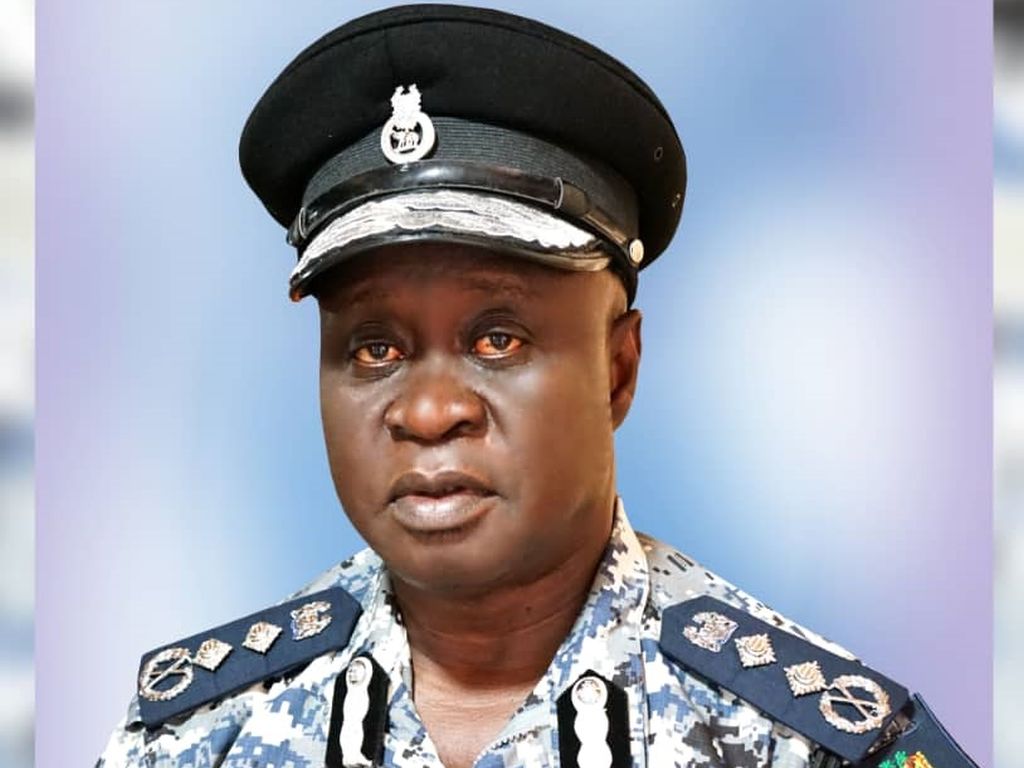By Hassan Osman Kargbo
The fight against drug abuse and trafficking in Sierra Leone continues to spark widespread skepticism and concern among citizens, with many questioning whether the government and the Sierra Leone Police (SLP) are genuinely committed to tackling the country’s growing drug crisis. The recent surge in drug-related deaths, particularly linked to the synthetic substance known as “Kush,” has left many wondering if authorities are doing enough to confront the problem head-on.
Across the nation, stories of young people dying on the streets have become heartbreakingly common. Residents in Freetown and other parts of the country frequently stumble upon lifeless bodies, often believed to be victims of Kush addiction. The situation has become so alarming that the Mayor of Freetown, Yvonne Aki-Sawyerr, revealed in a radio interview that the Freetown City Council had collected more than 200 corpses suspected to be drug-related within a short period. Her revelation painted a grim picture of a crisis spiralling out of control.
Despite these shocking statistics, many citizens feel that the government’s response has been slow, inconsistent, and at times, selective. While authorities often speak of their commitment to eradicating drug use, the actions on the ground tell a different story. Law enforcement raids are occasionally carried out, and public statements are made, but the impact appears minimal. The growing availability of drugs across Freetown and the provinces underscores a failure to contain the menace.
In addition, Recent developments have further fueled public distrust. The case of entertainer and political aspirant Natasha Beckley, who was declared wanted and later granted bail over alleged drug-related activities, has drawn intense scrutiny. Critics point out the lack of transparency in how the police handled her case, especially when compared to similar situations involving other public figures.
Observers have contrasted the treatment of Beckley with that of another popular personality, Admire Bio, who was also accused of drug-related activities. In Bio’s case, the police issued a press release indicating plans to search his premises and invited him for questioning, a gesture seen by many as a sign of courtesy. However, in Beckley’s situation, no such public notice was issued before she was declared wanted. This apparent inconsistency has raised questions about whether the law is being applied equally or selectively.
Adding to the public’s frustration are allegations that a notorious international drug dealer is currently residing in Sierra Leone and is reportedly in possession of a Sierra Leonean diplomatic passport. The claim, which has circulated widely in both local and international media, has only deepened suspicions about corruption and complicity within the system. If true, it raises serious concerns about how deeply the drug trade may have infiltrated the country’s institutions.
Analysts and civil society groups argue that the government’s anti-drug campaign lacks coordination, seriousness, and transparency. While the Sierra Leone Police and the Transnational Organized Crime Unit (TOCU) have made several arrests, there is little evidence of sustained prosecutions or long-term strategies to rehabilitate addicts and dismantle major supply chains.
As the Kush epidemic continues to claim lives and destroy communities, citizens are demanding more than just press statements. They want decisive action, accountability, and fairness. The fight against drugs, they say, should not be a show for the cameras but a sustained national effort backed by genuine political will.
Until that happens, the growing skepticism surrounding Sierra Leone’s drug fight will persist, and the deadly toll of Kush may continue to rise.













